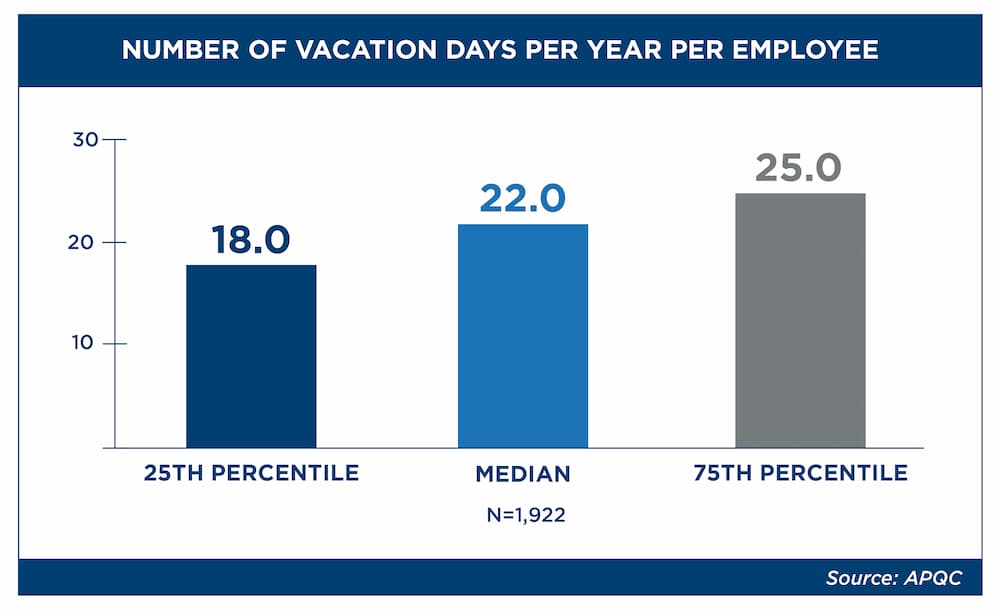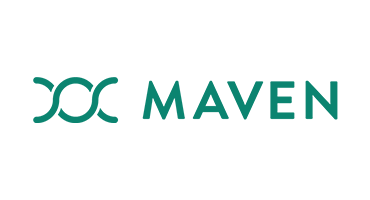The Department of Justice filed charges against a consultant who worked as a contractor with the Internal Revenue Service who allegedly leaked confidential tax information on former President Donald Trump and billionaires to The New York Times and the investigative news site ProPublica.
Charles Littlejohn, 38, of Washington, D.C., worked at the IRS as a government contractor and is accused of stealing tax return information associated with a high-ranking government official (identified by the Justice Department in a news release Friday evening as Public Official A and believed to be Trump) and disclosed it to a news organization (referred to as News Organization 1 and believed to be The New York Times). Littlejohn also allegedly stole tax return information for thousands of the nation’s wealthiest individuals, according to the Justice Department and disclosed the tax return information to another news organization (News Organization 2, believed to be ProPublilica).
ProPublica has been publishing a series of articles since June 2021 known as the Secret IRS Files about the various tax strategies used by billionaires like Jeff Bezos, Michael Bloomberg, Warren Buffett, Bill Gates, Ken Griffin, Carl Icahn, Rupert Murdoch, Elon Musk, George Soros, Peter Thiel and others to lower their taxes. The New York Times published articles in September 2020 based on Trump’s tax returns. Republicans in Congress have been demanding the IRS uncover the identity of the leaker during congressional hearings with IRS officials and pressed the Treasury Inspector General for Tax Administration to investigate. TIGTA is still investigating the case, according to the Justice Department. Littlejohn was charged with one count of unauthorized disclosure of tax returns and return information, and if convicted, he faces up to five years in prison.
Stefani Reynolds/Photographer: Stefani Reynolds/B
Republicans who have pushed for the investigation hailed the announcement. “Today’s news is the result of years of House Republican demands for an investigation and eventual prosecution on the largest breach of confidential tax information in American history,” said House Ways and Means Committee Chairman Jason Smith, R-Missouri, in a statement Friday. “The American people deserve to know the facts about this breach of trust, and TIGTA, IRS, and Treasury must explain to the American people what happened and what is being done to make sure it never happens again.”
“Since ProPublica first reported it had received a ‘trove’ of stolen tax information in June 2021, my colleagues and I have been pushing for answers as to how private taxpayer information was so massively compromised,” said Senate Finance Committee ranking member Mike Crapo, R-Idaho, in a statement Friday. “Today, an IRS consultant was charged with disclosing tax return information without authorization. Sensitive and protected individual tax data was stolen from the IRS by one of its contractors and provided to two as-yet undisclosed news organizations. This individual has now been charged by the DOJ with serious tax crimes. Investigators are still determining how extensive these leaks were, but clearly a significant number of Americans had their confidential data improperly released. While many questions remain, at the very least, IRS guardrails failed to prevent this brazen breach of taxpayer rights. It goes without saying that resolving these and other ongoing security issues at the IRS, as well as identifying and making whole the individuals impacted by this breach, must be the IRS’s highest priority.”
The U.S. Government Accountability Office recently issued a report on longstanding security risks to the safety of confidential taxpayer information at the IRS, Crapo noted. In addition to dozens of prior recommendations from the GAO that the IRS has failed to implement that could “significantly improve IRS’s ability to safeguard taxpayer information,” the GAO made new recommendations to the IRS, including to: establish agency-wide training completion goals for contractors; maintain comprehensive inventory of systems that store taxpayer information; and risk-assess its methods of data transferals to contractors.
Credit: Source link


![Do People Still Read Blogs in 2023? We Asked Consumers [New Data] Do People Still Read Blogs in 2023? We Asked Consumers [New Data]](https://blog.hubspot.com/hubfs/Untitled%20design%20(35).jpg#keepProtocol)








